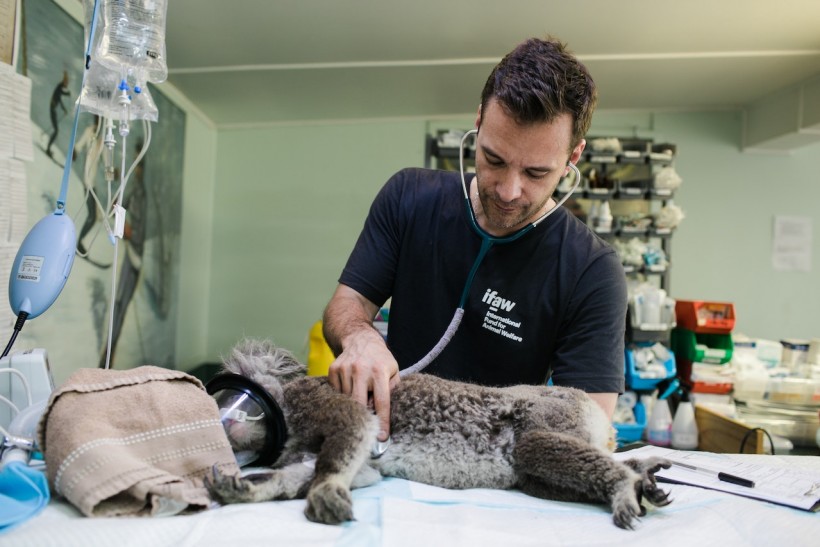If you love animals, you may have dreamed of becoming a veterinarian. This path to becoming one is demanding, but it is also a rewarding career for those who want to help animals and their owners. Following the steps below can help you realize that dream.
Your Undergraduate Education
There's a lot more to becoming a veterinarian than a four-year degree although that's where it all starts. There is no particular major that is required in order to get into vet school later, but most schools have certain prerequisites, so you should familiarize yourself with these. Typically, they include a certain number of semesters in math, biology, and chemistry among other courses. You'll be in school for a long time, so looking for ways to fund your education beyond loans is a good idea. There are Going Merry college scholarships available that can help pay for some of your undergraduate costs, and you can look online to find out more about how to apply.
Getting Experience
As you aim to become a successful student, it's a great idea to get some experience while you're in college or, if you are still in high school, even before you start college. There are a number of different ways to do this. As a high school student, participating in the National FFA Organization or 4-H can get you started. You can also volunteer at an animal rescue or shelter and try to get a job working with a veterinarian. You could also work or volunteer in animal research.
Getting into Vet School
Once you have obtained your undergraduate degree, you'll need to go to vet school for four years. Admission is competitive, so all of the above will help you ensure that you have a strong application. Experience may be required by some schools. You should work on building a relationship with your professors so that they can write you recommendations. Because admissions are so competitive, apply to multiple schools. Your coursework will include a clinical element. Keep in mind as well that another option is becoming a vet tech if you don't want to spend eight years on your education. If you decide to specialize in a particular area, that might add two more years.
Other Skills
There are a number of other skills you'll need to develop in order to be successful in this field. While it seems obvious to say that you must have a good rapport with animals, you will really need to be able to tune in to them since they can't tell you what's wrong with them. Yet you'll need to have good communication and people skills as well because you will be working closely with their owners.
Emotional resilience and an ability to withstand stress is important. There may be times when you'll need to comfort both people and animals who are in a great deal of emotional distress. Not everyone who loves animals is cut out for this profession because while compassion is a must, you'll also have to detach yourself in order to provide good care even in distressing circumstances. Finally, you must be good at solving problems and making decisions.
© 2024 NatureWorldNews.com All rights reserved. Do not reproduce without permission.
* This is a contributed article and this content does not necessarily represent the views of natureworldnews.com






